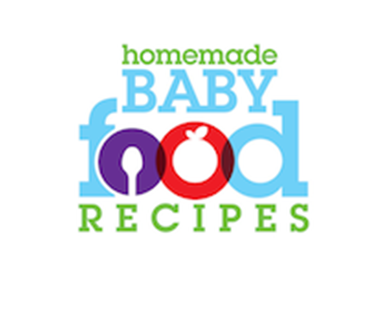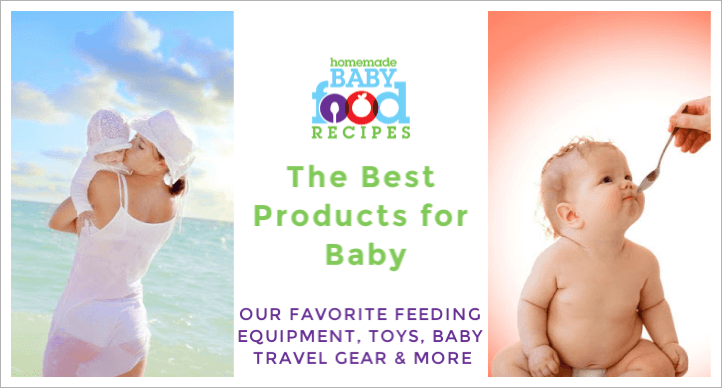Dealing with Baby’s Teething Woes
Part of the development of an unborn child is the formation of teeth buds while still in the womb.
In rare cases, babies already have teeth when born – however, most babies have their first set of teeth when they are between four and seven months old. There are also instances when babies get their first teeth when they are about a year old. By two and a half years old, most children already have their full set of baby teeth.
Signs of teething
Although some babies may not manifest any signs of teething, most babies show signs about 3-5 days before a tooth appears.
Your baby may become fussy and clingy as the tooth inches its way out of the gums resulting in sore gums. Other signs of teething in babies may include:
- drooling
- swollen gums
- fever
- runny nose
- loose stools
- biting or chewing on anything and everything in sight
- sleep problems
- ulcers on gum
- ear pulling
Addressing Teething Woes
You might find your patience tested after a few sleepless nights and a miserable, clingy baby on your hands. You’re probably ready to give your right arm for anything that can relieve your baby’s pain and give you a good night’s sleep. Here are some proven ways to help you deal with your baby’s discomfort brought about by teething:
Teethers
There are various types of teethers which are available in the market. Try the ones that you can place in the freezer. The cold can gently numb your baby’s gums and ease some of the soreness.
Vegetables
Some parents shy away from teethers. You can use fresh or frozen vegetables as a cheaper and healthy alternative. Try refrigerated cucumbers or pineapples.
Bromelain, an enzyme in pineapple, possesses anti-inflammatory properties which can help alleviate swelling and inflammation.
Washcloth
This is best used for babies who haven’t been weaned yet. Just freeze a wet washcloth and give it to your baby for him to chew on when he starts to show signs of discomfort. Chewing on the frozen washcloth can help relieve the pain while the cold numbs the sore gums.
Breast milk
Most babies who are breastfed benefit from the natural painkillers that is present in high amounts in breast milk.
Amber teething necklace
There are mothers who swear by the soothing effects of amber teething necklaces while there are those who find these necklaces unable to relieve teething pains.
Painkilling Products
You can ask your pharmacist for products that can ease pain and numb sore gums. Make sure that these products are suitable for babies. There are special teething gels formulated for babies. Beware of numbing products which are designed for adults.
There are preparations that can numb your baby’s tongue making breastfeeding difficult. These products have also been known to numb the nipples when the product is transferred from the baby’s mouth.
You can also offer your clean finger for your baby to gnaw on to give him some relief. You can do this when he has no teeth yet, otherwise you can end up with a nipped finger.
Some babies can be fussier than others during teething. You’re certainly one lucky mom if teething does not bring on pain and misery to your little one. However if your baby’s teething is taking a toll on you and your baby’s daily regimen, you need to keep trying out different remedies to find out what will work best.
Summon lots of patience and understanding during these times for your baby will surely be clingy during teething.
Be ready to give lots of cuddles and comfort. Being close to you and feeling your warmth can make babies less stressed and fussy.
Teething is just a phase that you and your baby will soon hurdle in no time. To make the experience more bearable, be prepared to deal with whatever eventualities — absorbent sheets can take care of excess drooling when your baby’s asleep; a bib can also be useful for drooling. Some babies develop a rash associated with drooling. Try applying an oil-based cream to act as a barrier and promote healing.

